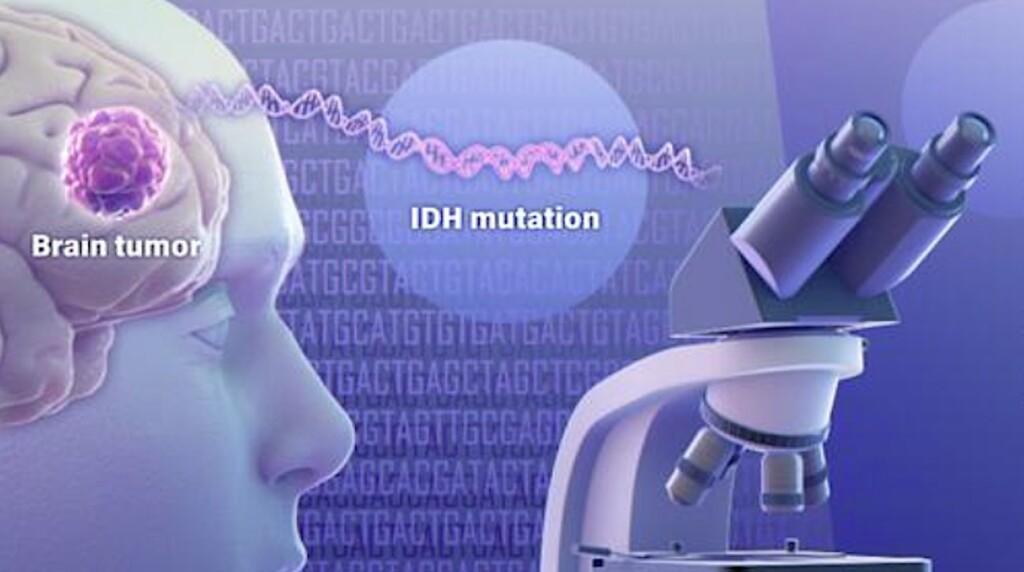FDA Approves Drug That Targets Brain Cancer Gene Mutation

This month, the U.S. Food and Drug Administration approved a new drug for IDH-mutant low-grade glioma, a type of brain cancer. The drug, vorasidenib, is a targeted therapy that inhibits the IDH gene mutation, slowing cancer growth.
The IDH gene was first identified in 2008 by Dr. Bert Vogelstein and his team at Johns Hopkins, who mapped the genetic blueprint of brain cancer. This discovery revealed that IDH mutations are common in certain brain tumors, which had not been previously recognized.
Typically, treatment involves surgery, followed by radiation and chemotherapy. Vorasidenib may allow some patients to delay these additional treatments. According to Matthias Holdhoff, M.D., Ph.D., co-director of the Johns Hopkins Kimmel Cancer Center brain tumor program, this drug could become a new standard for treating slow-growing IDH-mutant gliomas.
A phase 3 clinical trial published in the New England Journal of Medicine showed that vorasidenib significantly improved progression-free survival for 331 patients with grade 2 IDH-mutant glioma, compared to a placebo. Vogelstein’s research also led to a new classification for gliomas, distinguishing between those with IDH mutations, which generally have better outcomes, and those without, such as glioblastoma, a more aggressive form of brain cancer.
About 80% of low-grade gliomas have IDH mutations. These tumors, which mostly affect younger adults, grow more slowly and are linked to longer survival rates compared to high-grade gliomas. Vogelstein notes that understanding diseases through research ultimately leads to better treatments.
The IDH discovery has also spurred further research into other brain cancers. Johns Hopkins University holds patents for the IDH discovery, licensed to Servier Laboratories, which funded the phase 3 trial. The university and its inventors, including Vogelstein, will receive royalties from this licensing agreement.